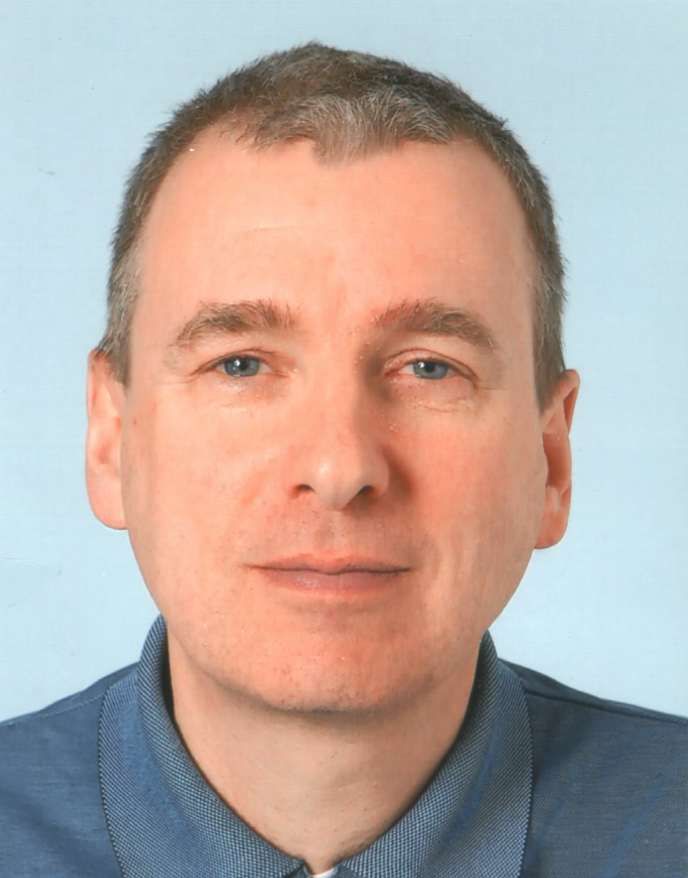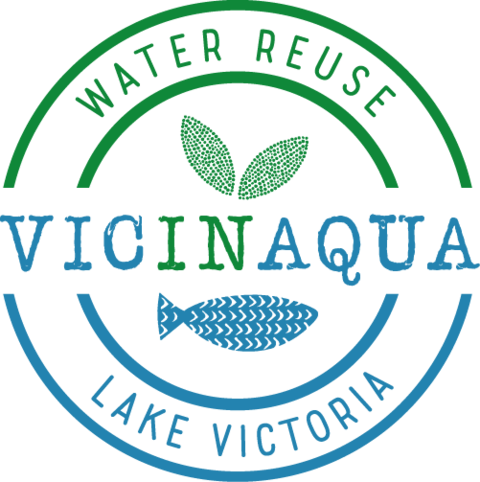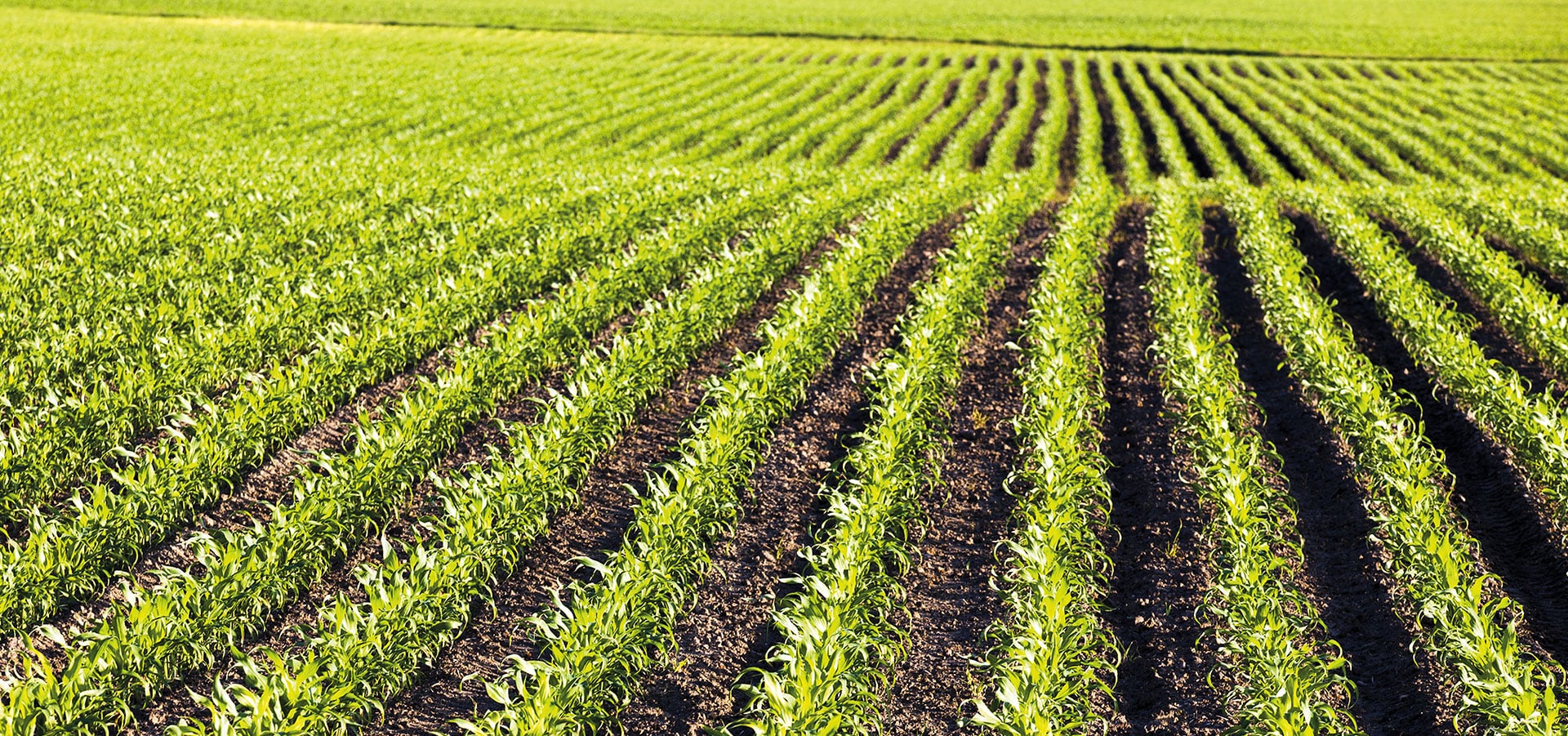Prof. Dr. Jan Hoinkis, Institute for Applied Research at the Karlsruhe University of Applied Sciences (HsKA) in Germany
Role in the VicInaqua project: Coordinator
Current position: Executive Director of the Institute for Applied Research (IAF Institut für Angewandte Forschung IAF) at the Karlsruhe University of Applied Sciences (HSKA Hochschule Karlsruhe – Technik und Wirtschaft, Germany)
Expertise: environmental chemistry, thermodynamics, process engineering in combination with sensor / control systems
Major research interests: process development, membrane technology, chemical on-line analysis, water and wastewater treatment

Prof. Dr. Jan Hoinkis holds a degree in chemistry from Karlsruhe University of Applied Sciences (Hochschule Karlsruhe – Technik und Wirtschaft, Germany, short HsKA) and did his doctorate in the field of thermodynamics. He worked 7 years in the chemical industry as head of a group for process development. Strongly involved in the field of environmental chemistry and sustainable process efficiency since then, he also gained a rich experience in managing various European and international R&D project in cooperation with research institutes and companies, such as BioNexGen funded by the European Union's FP7 research and innovation programme under Grant Agreement 246039. Here is our interview with him as Project Coordinator of VicInAqua:
How did the idea of VicInAqua emerge?
Based on past projects in the field of stronger water and waste water treatment, we discussed with Steinbeis 2i of Steinbeis-Europa-Zentrum (Germany) and further former partners about the environmental issues like e.g eutrophication in the water of Lake Victoria and we decided to develop together a proposal which contributes to improving the socio-economic situation in this region.
Could you describe HSKA’s role in the project?
HsKA is coordinator of the VicInAquia project. Moreover it contributes to technology transfer through set-up and operation of a pilot-scale demo site on the ground in the Lake Victoria region. This task implies high responsibilities since it is not only about managing technical issues: It also deals with fostering mutual cultural and technical exchange between the European and African societies.
Membrane bioreactors (MBR) and Recirculation aquaculture systems (RAS) are technologies already in use, even if not wide-spread yet. What innovation / added value VicInAqua is bringing?
VicInAqua is aiming at developing innovative MBRs and cutting-edge RAS that can be adapted for successful operation in the African environment and that can finally contribute to develop new business opportunities for local people. Concerning MBR, the main issue comes frommembrane fouling which requires frequent cleaning with costly chemicals. VicInAqua will thus create novel self-cleaning membrane materials which will contribute to better long-term performance in a harsh environment. Regarding RAS we will be developing a robust system with smart remote control sensor system which will work safely in a difficult and isolated environment. The entire pilot unit will be self-sufficent as it will be mainly powered by a sustainable and innovative photovoltaic system.
What is / will be the main challenge of the project and why?
As evoked here above, the main challenge besides the technical innovations is to foster mutual cultural and technical exchange between the European and African societies, also to offer people in Africa a perspective for future liveable basis of existence in their home countries. Therefore a very important component will be the training of local people on the innovative technologies brought by VicInAqua. It is foreseen on the one hand to give training workshops for the African stakeholders as well as receiving young and motivated African scientists and engineers at the European partner institutes for scientific training purposes.


